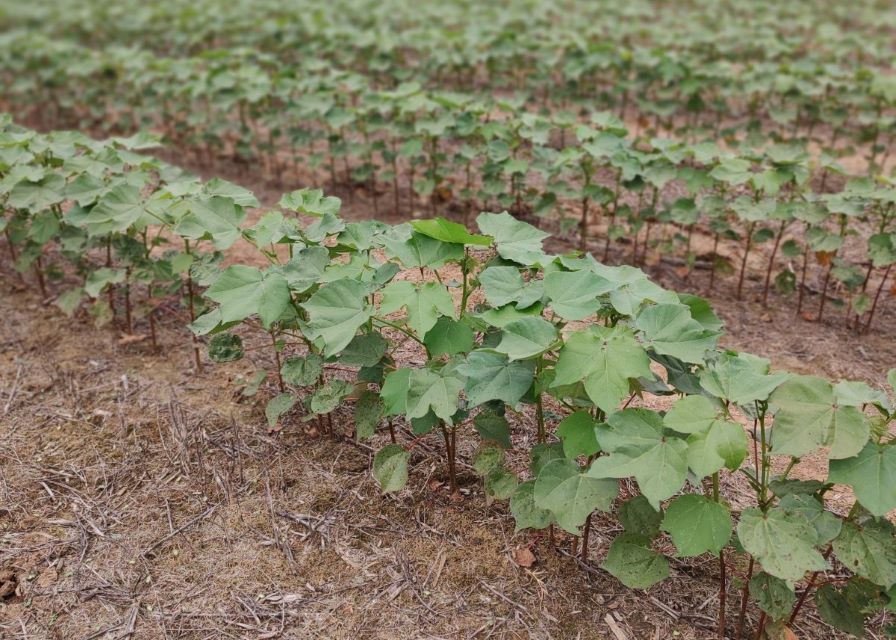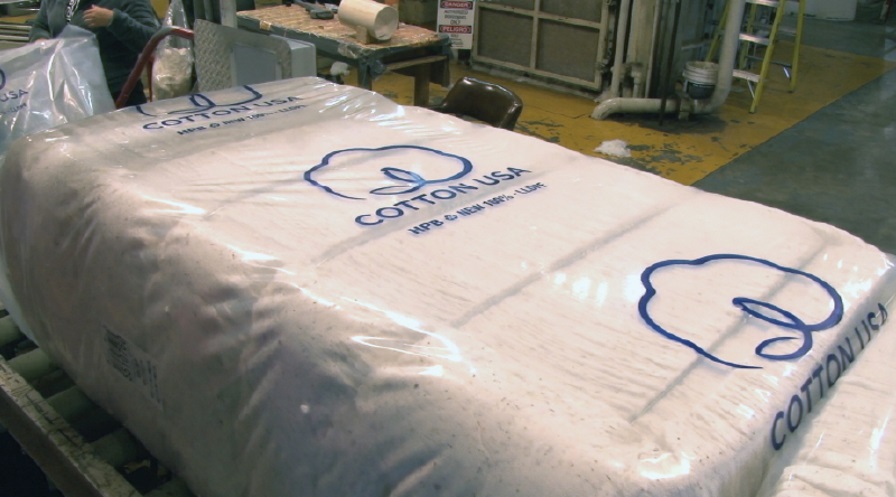Cotton Growers Can Benefit from New COVID-19 Legislation
As President Trump signed the newly-passed $2 trillion Coronavirus Aid, Relief & Economic Security Act (CARES Act) on March 27, several supplemental appropriations for U.S. farmers and ranchers were put in place – following active involvement from the National Cotton Council and other organizations with agriculture’s allies in Congress.
USDA received $49 billion in the funding package, including:
- $9.5 billion to support agricultural producers – including livestock and specialty crop producers – to respond to COVID-19 losses.
- $14 billion to restore funding to the Commodity Credit Corporation (CCC) and increase the borrowing authority of USDA to support agriculture in times of crisis. The past two years of Market Facilitation Program funding came from CCC.
- The Secretary of Agriculture is also given authority through the end of September 2020 to extend the term of marketing assistance loans to 12 months from the current nine months.
In a March 25 statement, NCC Chairman Kent Fountain said that restored funding authority for CCC and dedicated funding for producers in response to COVID-19 were of utmost importance in the package.
“We believe this is a good first step towards addressing the needs of the agricultural economy,” he said. “But more funding authority will likely be needed once there is a better assessment of the full impacts of the current crisis.”
Producers and farmers may also benefit from several items approved under the Paycheck Protection Act (small business loan program) included in the CARES Act:
- The Treasury was given authority to set criteria to allow farm credit institutions to be eligible lenders under the program until the national COVID-19 emergency expires.
- Farmers and agricultural and rural businesses are also eligible for small business interruption loans, with repayment forgiveness provided for funds used for payroll, rent or mortgage and utility bills. Based on NCC evaluation of the program, cotton farms are eligible, but salary cannot be above $70,000 and growers must show need.
In addition, the NCC also worked with USDA and other federal agencies to provide relief on H-2A visa processing to ensure guest workers can get to their employers in a timely manner as spring planting season begins. The organization was also involved in continuing activities with agencies regulating transportation – particularly the trucking sector to provide relief on hours of service, weight limit exemptions, and CDL extensions and waivers.
The work, however, is not yet complete. The NCC notes that there are still a number of other activities underway to help provide near-term regulatory relief, remove unnecessary impediments to continuing operations, and develop an industrywide economic relief proposal to present to USDA in the coming days.









